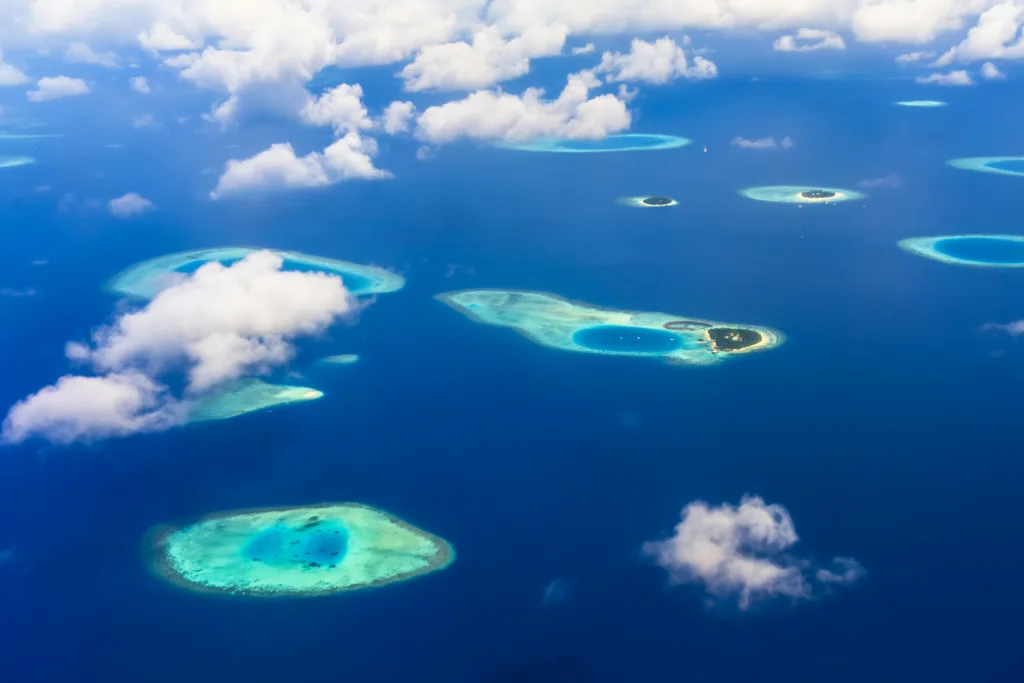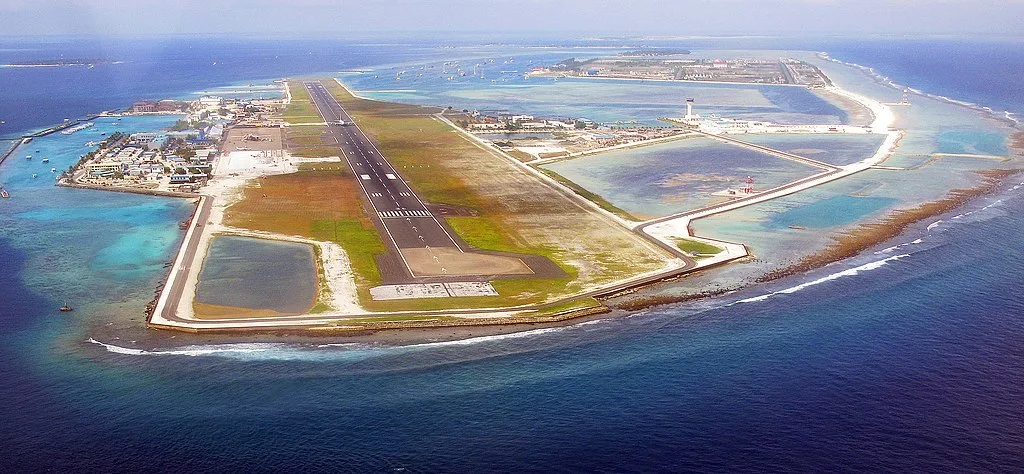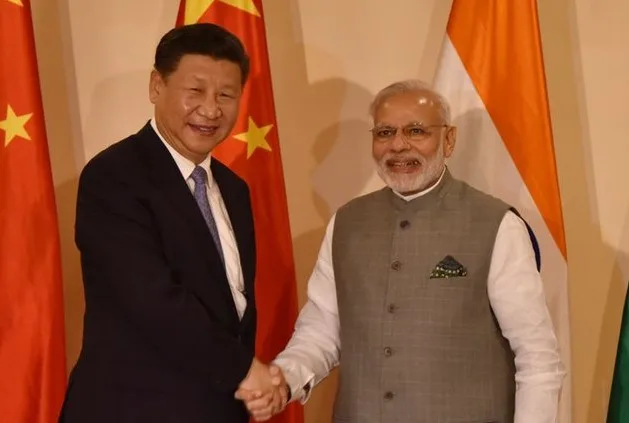Australia has an opportunity to strengthen its relationship with Maldives, a key strategic component in the Indian Ocean ramp-up.
 The Maldives is caught between the competing interests of India and China, which gives Australia a rare opportunity in the region. : Photo by Asad Photo Maldives/Pexels.com https://www.pexels.com/license/
The Maldives is caught between the competing interests of India and China, which gives Australia a rare opportunity in the region. : Photo by Asad Photo Maldives/Pexels.com https://www.pexels.com/license/
Australia has an opportunity to strengthen its relationship with Maldives, a key strategic component in the Indian Ocean ramp-up.
Australia and Maldives are worlds apart. But one ocean unites them.
Australia is the largest country bordering the Indian Ocean, which acts as the connector for its most important trade routes to Asia.
Maldives is the smallest, but plays a key strategic role in the region.
With the Indian Ocean as an important trade zone for Australians, the country is also required to focus beyond the Pacific.
China heavily influences Australian policy in the Pacific, but China’s ramping up of diplomatic and trade relationships in the Indian Ocean now requires Australia to shore up its relationships there too.
The Maldives, meanwhile, is a nation stuck between the economic powerhouses of the region — India and China.
This gives Australia a unique opportunity.
Because of Canberra’s relationship with these bigger powers it can bolster its relationship with the tiny island nation and soothe tensions in the region.
The focus areas for Australia to enhance its development and security relationship with Maldives is by strengthening cooperation in the areas of climate change, governance, human development and maritime security.
During 2022-23, the budget estimate for Australian Official Development Assistance to Maldives accounted for AUD$2.8 million. Out of the AUD$211 million in two-way goods and services trade, AUD$147 million accounted for Australian exports including bilateral merchandise trade comprising Australian ships and boats, and food and beverage to the Maldivian tourism industry.
By training over 700 Maldivians in Australia under its government sponsorships, Australia has, over the years, contributed to the increasing human development records Maldives has met today.
The Maldives’ very existence is severely threatened by the march of climate change. A one metre rise in global sea levels could result in 80 percent of its land being submerged.
In this fight Australia has played its part, despite sometimes confusing domestic politics around the topic.
Apart from its contribution of AUD$3.8 million over 10 years (2013-2023) to the United Nations Development Program’s (UNDP) Integrated Governance Programme in Maldives, Australia has continued to support Maldives’ climate adaptation efforts including the AUD$2 million to World Bank-run Climate Change Trust Fund in Maldives from 2013-2018.
Ocean is an important part of Maldives’ development and security.
Australia’s contribution to building maritime security capabilities — including regional-level joint exercises, training and bilateral cooperation in military, search and rescue, maritime strategy, and maritime surveillance – has helped Maldives to strengthen its national and regional security engagements in recent years.
May 2024 will mark one year since Australia opened its first resident High Commission in Malé, the Maldives’ capital. According to the Australian Government, the opening of the High Commission has “further deepened our friendship and reflects Australia’s increased engagement in the Indian Ocean region”.
In the transactional world of foreign relations, Australia now views Maldives as increasingly relevant in the world of its interests and that of its allies.
Maldives in the geo-strategic spotlight
The historically strong Indian-Maldives relationship has been somewhat strained recently.
Maldives was caught in the spotlight of geo-strategic competition when, between 2013-2018, the government of former President Abdulla Yameen decided to expand its economic ties with China to support its national development agenda.
Malé signed investment agreements with Beijing to support mega-development projects including a bridge connecting the international airport with the second largest residential island, Hulhumalé.
Other infrastructure projects included housing apartments on reclaimed land in Hulhumalé.
While these engagements were seen by the then government as enhancing mutual development partnerships, the growth of China’s presence in Maldives was seen by India as a potential threat to Indian Ocean security.
India’s anxiety grew as the Maldives’s partnership with China grew.
In 2018, everything changed.
Yameen’s successor, Ibrahim Mohamed Solih, reinstated an “India-First policy” leaning the country’s priorities for development and security cooperation to New Delhi.
Maldives signed further development and security agreements with India including India’s funds to help address foreign debt (from China included) and aid further mega infrastructure projects including building a bridge to connect Malé, Villimalé and two other islands.
Solih’s government furthered bilateral ties with India in defence and security as part of Maldives’ active role in the broader Indo-Pacific security dialogue.
However, the localised securitisation of its foreign engagements created public anxiety and distrust about Solih’s government’s handling of defence-related engagements with India.
Despite the failure of Solih’s government to complete an India-supported mega-bridge project by the end of his term, the opposition’s “India out” campaign, linked to the presence of a small Indian military contingent in Maldives, gained public support in the 2023 election in which Solih was defeated.
His failure to explain to the public about Maldives’ foreign security partnerships contributed to his election loss.
From split to balanced diplomacy – Australia’s role
Dr. Mohamed Muizzu took office in November 2023, and has committed to ensuring “that [Maldives] has no foreign military presence on its soil”.
He has asserted that Maldives is too small to be “entangled in this so-called geopolitical fight between bigger nations“.
Rather, Muizzu has committed to an inclusive “national development approach” to priorities,balanced development cooperation to support sustainability and build socio-economic resilience against climate change through mega infrastructure projects.
This involves exploring foreign partnerships beyond India.
Maldives has already renewed its relationship with China by signing 20 key agreements during Muizzu’s visit to China in January 2024. His visit to Turkey in November 2023 initiated enhancing cooperation with nations outside of the Indian Ocean region.
For Maldives, the expansion of partnerships does not mean there will be regional security implications. Rather, they have opened avenues for potential foreign investments required for a tourism-driven economy fighting to build climate resilience and national security.
Regionally, Maldives has ongoing security cooperation with India and other Indo-Pacific partners including the US, Australia and Japan. India and Sri Lanka are the most long-standing partners supporting maritime defence capabilities in Maldives.
For Australia, the 2023 Defence Strategic Review further expands its scope to “expanding regional strategic multilateral, trilateral and bilateral partnerships” with its “immediate region encompassing the north-eastern Indian Ocean”.
In this respect, Australia’s defence cooperation with the Indian Ocean small states can be unique, because it essentially recognises India as an important strategic and security partner in the Indian Ocean.
However, as it “strengthens its bilateral defence relationship with India”, Australia is “fast expanding to include other partners in the region, such as Sri Lanka, Bangladesh, and Maldives”.
In this respect, Maldives-Australia maritime security interests can stand out, and engagement in this area can underscore the theatre of climate-disaster threats and transnational crimes and terrorism threats to the broader national interests of this island state.
Athaulla A Rasheed is a PhD candidate at The Australian National University. His focus is on international relations and security of small island developing states (SIDS). He is a former foreign service officer and diplomat at the Ministry of Foreign Affairs, Maldives, and holds a PhD in political science from University of Queensland, Australia.
Originally published under Creative Commons by 360info™.









